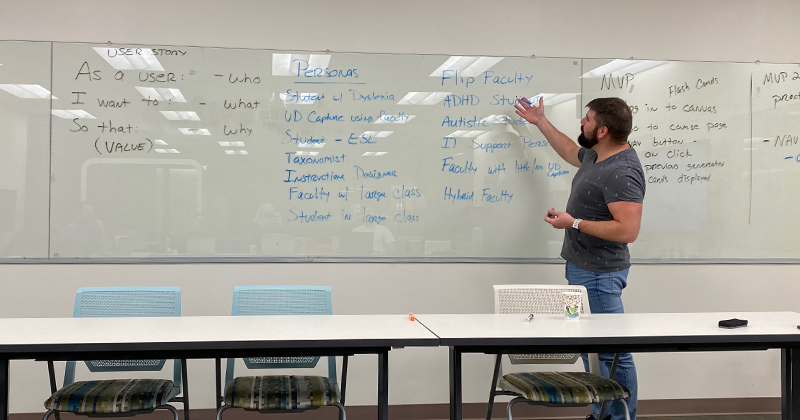ChatGPT interventions significantly improve academic performance, affective-motivational states, and higher-order thinking propensities while reducing mental effort in educational settings.
Title and Authors: "Does ChatGPT enhance student learning? A systematic review and meta-analysis of experimental studies" by Ruiqi Deng, Maoli Jiang, Xinlu Yu, Yuyan Lu, and Shasha Liu.
Published On: December 12, 2024
Published By: Computers & Education
Objective: The study aimed to systematically analyze experimental evidence regarding ChatGPT's impact on various dimensions of student learning, addressing the gap between correlational studies and causality in understanding ChatGPT's educational effectiveness.
Methods:
- Comprehensive search across five databases identified 69 articles published between 2022 and 2024
- Meta-analysis of 62 studies examining five key outcome variables
- Analysis of educational stages, subject areas, intervention settings, durations, and application modes
- Assessment of methodological quality including sample size estimation and baseline difference control
- Random-effects model meta-analysis with moderator analyses
- Publication bias assessment using multiple methods
Key Findings:
- ChatGPT interventions are predominantly implemented at the university level (84.06%)
- Language education is the most studied subject area (31.88%)
- Most interventions occur in classroom settings (86.96%)
- Significant positive effects on:
- Academic performance (large effect size)
- Affective-motivational states (large effect size)
- Higher-order thinking propensities (large effect size)
- Significant reduction in mental effort
- No significant effect on self-efficacy
- Subject area, intervention setting, and duration emerged as significant moderators
Implications:
- Provides evidence-based insights for researchers, instructors, and policymakers
- Supports the integration of ChatGPT in educational practices
- Highlights the need for careful consideration of implementation contexts
- Demonstrates the technology's potential to enhance multiple aspects of learning
Limitations:
- Many studies did not conduct power analysis for sample size determination
- Lack of clarity about ChatGPT access during post-intervention assessments
- Possible novelty effect influencing affective-motivational outcomes
- Reliance on self-reported measures for higher-order thinking
- Potential publication bias in some outcome measures
Future Directions:
- Distinguish between ChatGPT output quality and intervention effects through:
- Complex, project-based assessments
- Proctored assessments
- Integration of metrics like originality
- Evaluate long-term impacts on affective-motivational states
- Include objective measures of higher-order thinking
- Conduct power analyses for adequate sample sizes
- Investigate fluctuations in affective-motivational states over time
- Examine impacts across diverse educational contexts
- Study the effectiveness of various implementation strategies
- Explore the role of ChatGPT in different subject areas
This comprehensive review provides valuable insights into ChatGPT's educational impact while highlighting the need for methodologically rigorous research to guide its effective implementation in educational settings. The findings support the potential of ChatGPT as a valuable educational tool while acknowledging the importance of careful implementation and continued research.
